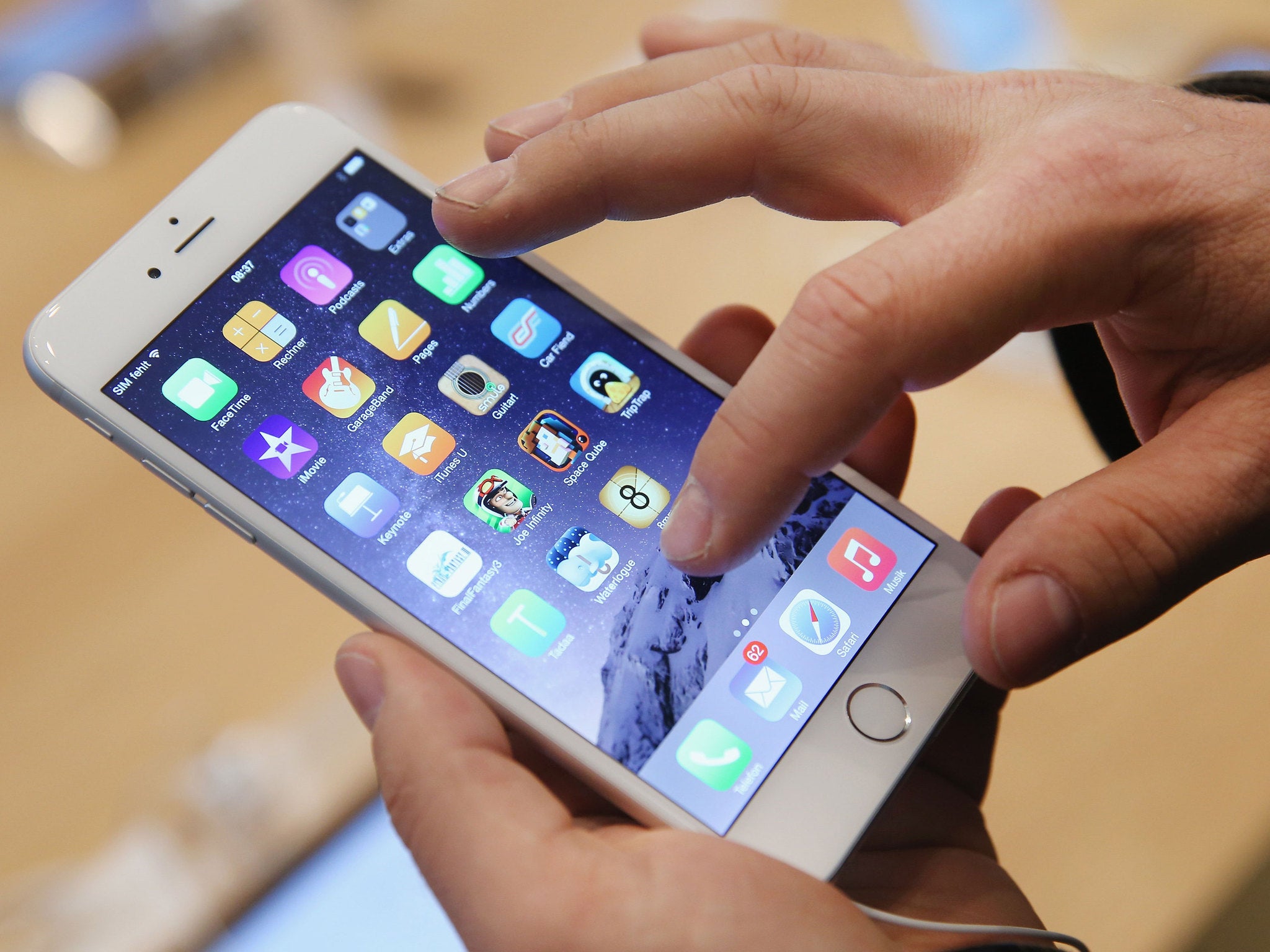iPhone 6s to come in super-strong '7000 series' aluminium to avoid another 'Bendgate'
Apple claims that the ‘new alloy’, first seen in the Apple Watch, is 60 per cent stronger than normal aluminium

Your support helps us to tell the story
From reproductive rights to climate change to Big Tech, The Independent is on the ground when the story is developing. Whether it's investigating the financials of Elon Musk's pro-Trump PAC or producing our latest documentary, 'The A Word', which shines a light on the American women fighting for reproductive rights, we know how important it is to parse out the facts from the messaging.
At such a critical moment in US history, we need reporters on the ground. Your donation allows us to keep sending journalists to speak to both sides of the story.
The Independent is trusted by Americans across the entire political spectrum. And unlike many other quality news outlets, we choose not to lock Americans out of our reporting and analysis with paywalls. We believe quality journalism should be available to everyone, paid for by those who can afford it.
Your support makes all the difference.The iPhone 6s and 6s Plus are to be made of a special aluminium alloy that will make them much stronger and not liable to being bent like the previous phones.
The current iPhone 6 was plagued by the idea of “Bendgate” – a claim by some that the bigger and thinner phones were becoming warped in their owner’s pockets, turning the handsets crooked. But the next iPhone will avoid those problems by using an extra strong metal, according to reports.
The new phones will be made out of Apple’s own “7000 series” aluminium, 9to5mac reports. Apple claims that is 60 per cent stronger than the standard metal, but lighter.
Apple debuted the special aliminium in the Apple Watch, released in April. On the Watch, the metal looks almost identical to that on the iPhone, but with a slightly more uniform finish.
The phones also appear to be slightly strengthened at some of their weaker points, leading to the phone being a little larger than the iPhone 6.
Apple’s “Bendgate” problems began soon after the launch of the iPhone 6 and 6 Plus, when an online video went viral for describing how the big phones could bend in small pockets.
The company was forced to address it soon after, releasing a statement saying that the problem was “extremely rare” and that it had only got nine complaints.
But the word quickly became associated with the launch, in the same way that the iPhone 4 found it difficult to escape the “Antennagate” signal problems.
Join our commenting forum
Join thought-provoking conversations, follow other Independent readers and see their replies
Comments